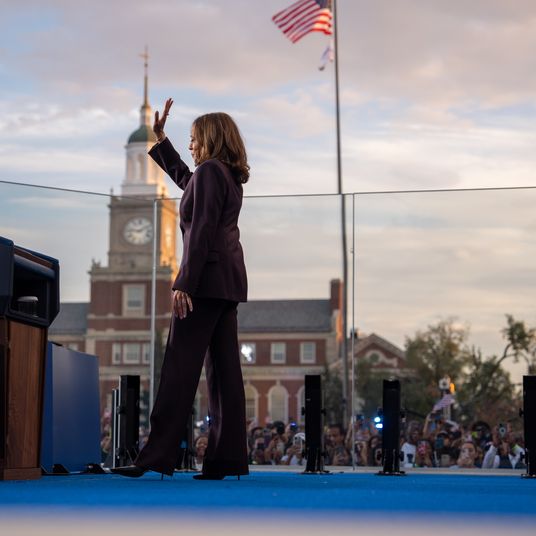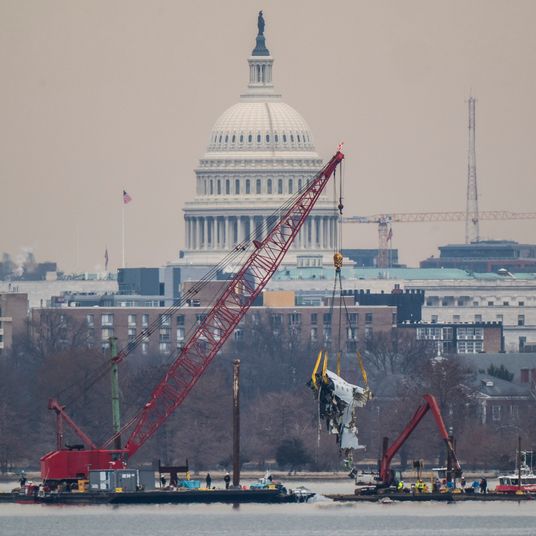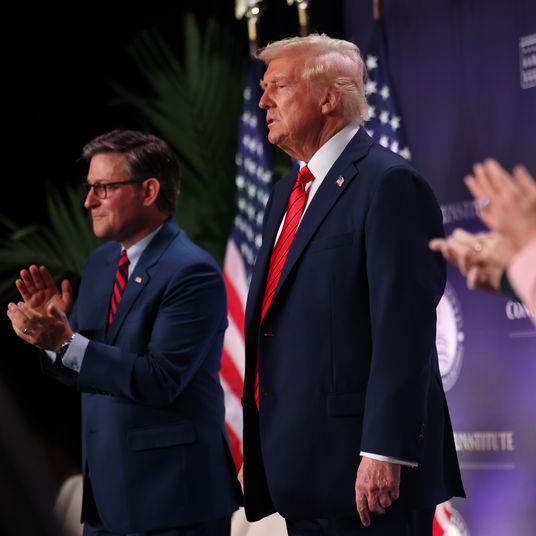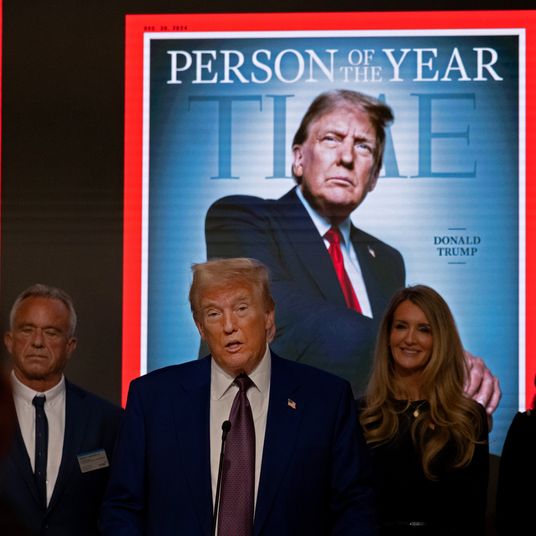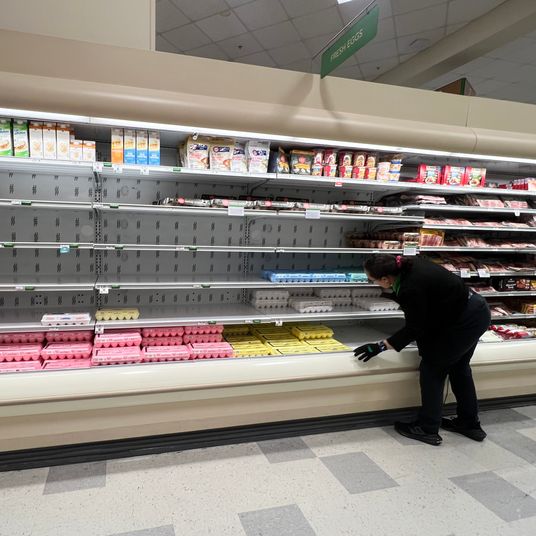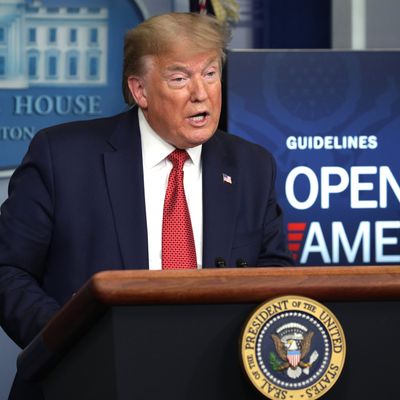
We’re committed to keeping our readers informed.
We’ve removed our paywall from essential coronavirus news stories. Become a subscriber to support our journalists. Subscribe now.
Vice-President Mike Pence, the head of the president’s original coronavirus task force, went on Fox News Sunday to reiterate the country’s need for widespread testing in order to “liberate” the states, as Trump has described the reopening of the economy. “We have every confidence that we can have a sufficient amount of testing to be able to reopen America,” Pence told host Chris Wallace, despite currently being 23 million tests short of the target his own task force set for the end of March.
While Republicans throughout the country are united in their push to revive local businesses — in some cases at the expense of public health — they are divided on how to pursue expanded coronavirus testing, universally considered to be the cornerstone for the safe rebuilding of the economy. As senators Ted Cruz and Pat Toomey push for the federal distribution of rapid-response tests — and Democrats go to bat for a vast, centralized testing apparatus — other Republicans want to continue to let the states determine the course without the luxury of competent federal guidance. According to Politico, Republican lawmakers “argue that private companies are best suited to find an innovative solution to the testing debacle, not the federal government. In addition, they say Congress already spent money on testing in the previous spending packages and should see the results before spending more.”
In order to maintain the consistency of small-government messaging, Republican lawmakers are willing to tank an effective federal response to the crisis, even though undermining national programs — like broad CDC and NIH cuts — helped pave the road to disaster in the first place, while a general erosion of the safety net has left millions of Americans without health coverage during a pandemic. And for state responses to be effective, it would also require the Trump administration to not actively undermine their efforts to collect medical equipment. Last month, multiple governors reported being underbid by the federal government, and on Saturday, the New England Journal of Medicine published a letter stating that the Department of Homeland Security has been blockading hospitals attempting to secure medical equipment. “In the absence of an explanation,” New York’s David Wallace-Wells wrote, “it is hard to come to any conclusion other than that this is simply mafia government, exerting control for the sake of control, not in spite of but because of the crisis-led demand, and squeezing the American people, as they die in hospital beds and attend — with inadequate protection — to the sick and scared.”
Unfortunately, this reported effort at domestic sanctioning is only the most recent effort to jeopardize local testing programs: On April 9, the White House ended federal funding for coronavirus-testing sites. According to the Wall Street Journal, the White House testing coordinator responded to one doctor’s recent request for the plastic trays required for testing with an email saying, “There is zero probability we can help.” And as far as private-sector efforts are concerned, some of the hopes are misguided: On April 13, Trump lauded Abbott Laboratories’ testing device during a coronavirus briefing in the Rose Garden, a device that has proven to deliver a high number of false positives in patients with lower viral loads.


























